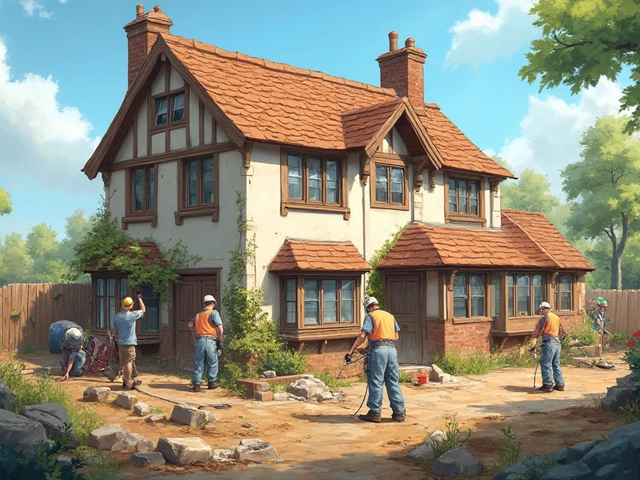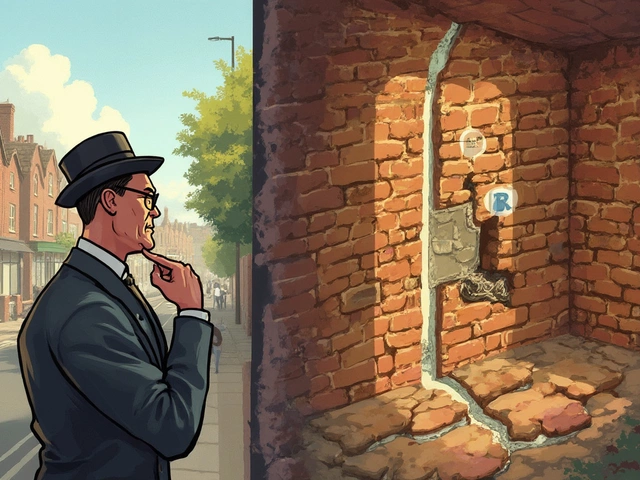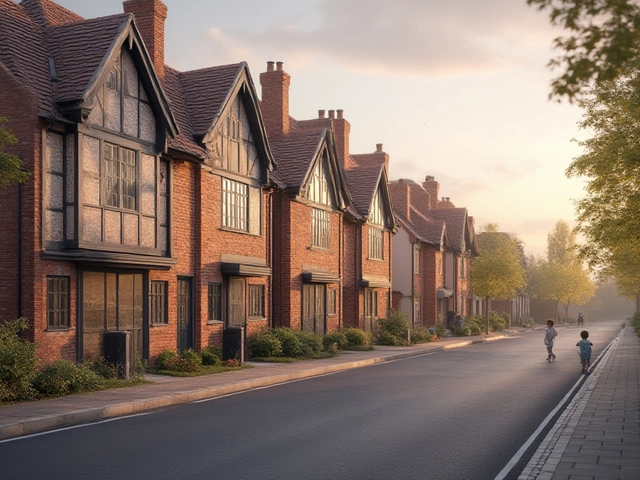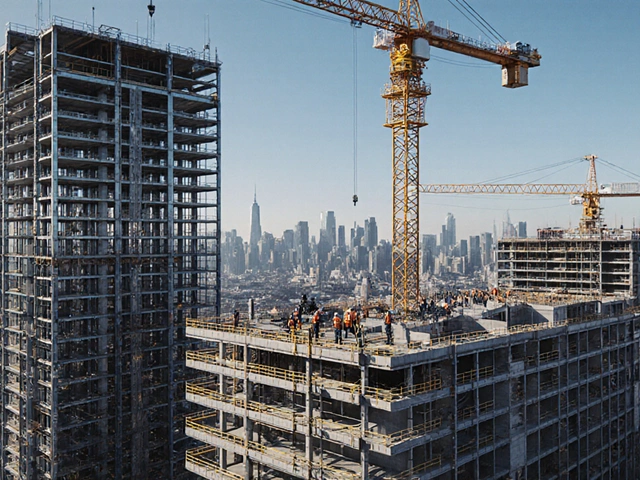Construction Insurance: What You Need to Know Before Starting Any Project
Starting a build? Whether you’re a contractor, a DIY homeowner, or a developer, you’ll hear the word “insurance” a lot. It isn’t just paperwork – it’s the safety net that protects you when things go wrong on site.
Without the right coverage, a cracked foundation, a stalled roof, or a sudden injury can turn a budget‑friendly job into a financial nightmare. Construction insurance bundles several protections into one package, so you know exactly what’s covered and what isn’t.
Types of Construction Insurance You’ll Encounter
Most policies fall into three basic groups. General liability covers third‑party injuries or property damage caused by your crew. Builder’s risk protects the structure itself – walls, roofs, and materials – from fire, theft, vandalism, or weather damage while the project is in progress.
Then there’s workers’ compensation, which pays medical bills and lost wages if a worker gets hurt on site. Some insurers also bundle professional indemnity for design errors if you’re hiring an architect or engineer.
How to Choose the Right Policy for Your Project
Start by listing every risk your project faces. A small home renovation might need just general liability and a modest builder’s risk limit. A multi‑storey commercial build will likely require higher limits, extra coverage for equipment, and maybe environmental liability if you’re dealing with soil or chemicals.
Ask the insurer for a clear breakdown of what each clause covers. Look out for exclusions – many policies won’t pay for work stopped by a dispute, for example, or for damage caused by poor workmanship. If you’re hiring subcontractors, make sure they carry their own insurance and that you’re listed as an additional insured.
Cost is another big factor. Premiums usually depend on project size, location, and the safety measures you have in place. Good site security, proper training, and a clean safety record can shave off a noticeable chunk of the premium.
When you get a quote, compare not just price but also the claim handling process. A fast, transparent claims system can save you weeks of downtime if an accident happens.
Finally, keep all records organized – contracts, invoices, photos of the site, and communication logs. In the event of a claim, clear documentation speeds up the payout.
In short, construction insurance is the backbone of any successful build. It lets you focus on getting the job done rather than worrying about the “what‑ifs.” Choose the right coverage, stay on top of safety, and you’ll keep your project on track and your wallet safe.
Understanding Commercial Construction Coverage
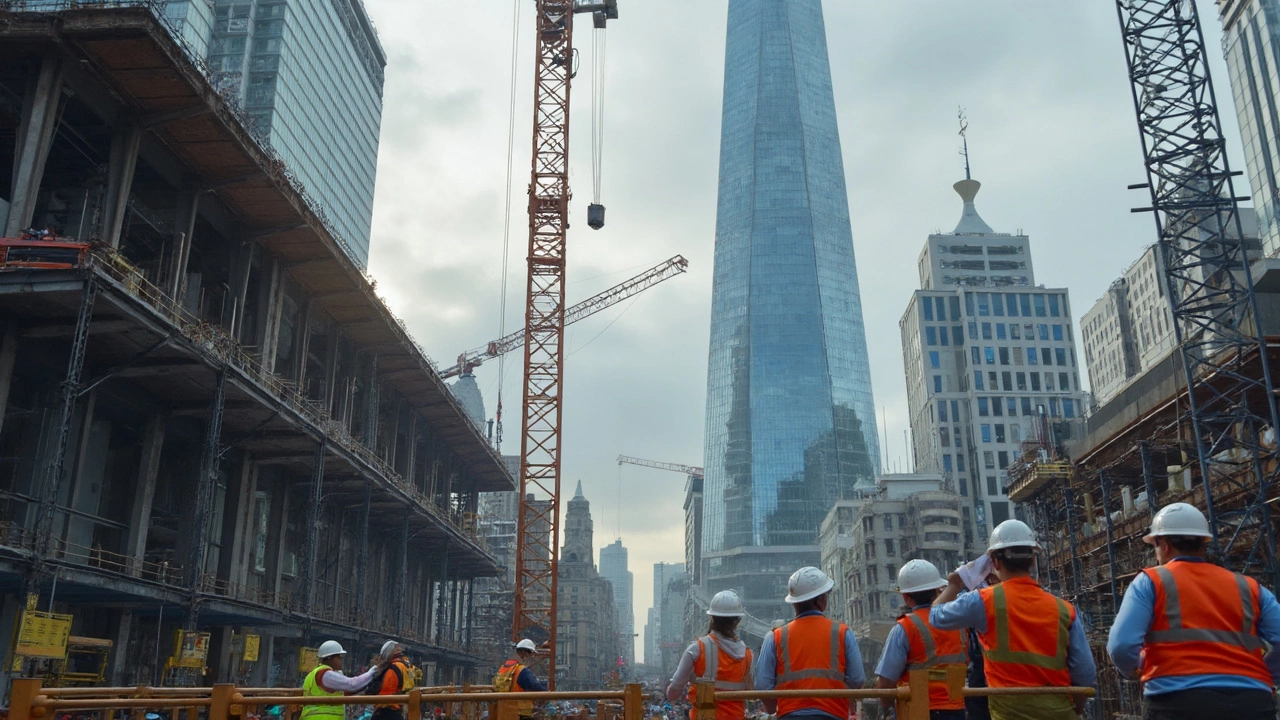
Commercial construction involves more than just putting up a building; it includes a variety of legal, financial, and safety considerations. Understanding what's covered under commercial construction is crucial for developers, contractors, and investors. This article breaks down the key elements of commercial construction coverage, from property protection to liability insurance. We also share tips to ensure you have comprehensive coverage for your next project.
read more